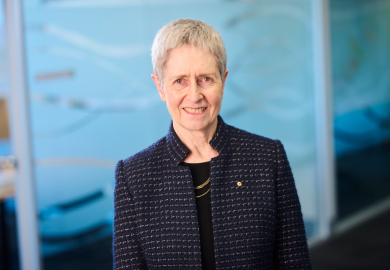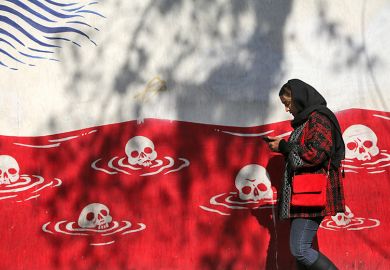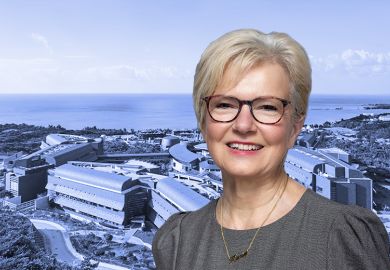Research supervision is still a difficult and often unacknowledged process, with supervisors getting minimal credit. Over my career, I have examined 130 doctoral theses and have another two on the way, so feel I am well placed to offer some of my experiences of the process.
Scrutiny of PhD examining is increasingly coming under managerial attention, and possibly rightly so. The first thing to say is that of all the academic tasks that come my way, PhD examining is consistently one of the most enjoyable. I'm always conscious that I am reading an original piece of work that someone has devoted three, four or more years to producing.
Not only has each study taken many years, it has usually taken over the life of the candidate, often to the partial exclusion of family, friends, a social life and much else.
My area of scholarship is pretty wide, encompassing education policy and practice, special education, race, ethnicity and education. As a result, I've examined a wide range of fascinating studies. The majority were carried out in the UK, but others have included fieldwork in Australia, Brazil, the Caribbean, China, Hawaii, India and Pakistan. One, I was later told, was produced by the first Bedouin woman in Jordan to gain a PhD, while several were carried out by disabled scholars, including one by a blind, minority woman.
Over the years, I have realised the difficulties and pressures that some people had faced – not only in getting access to carry out their work, but sometimes facing up to the attempts to prevent scrutiny of policy and practice, and occasionally putting themselves in difficult and occasionally dangerous situations. I have assessed a priest who lived for two years with street children in Trinidad; a woman who had an armed bodyguard as she interviewed women in universities in Pakistan; researchers who grappled with the difficulties of accessing disabled children in remote areas in India.
Other memories include examining at Ulster University at the height of the Troubles in Northern Ireland, being searched constantly and surrounded by concerned colleagues as we walked from hotel to university. There was also a viva that took place just two weeks after the candidate had given birth, her supervisor by her side literally holding the baby during the examination.
Happily, this candidate is now an eminent professor herself (and the baby is now an undergraduate).
Did any of these studies fail? No. Well – apart from one which, through an administrative mistake, had been submitted without the supervisor’s knowledge and was nowhere near doctoral level (later successfully submitted for an MPhil), and a few went through the business of re-writing the odd chapter or page and correcting minor errors.
Over the years, the list of requirements for the examination process – as set by university administrations – has grown longer. But essentially, the examination still requires two examiners to write separate reports before a viva, before writing a joint report, and being allowed to tell the candidate that they have been recommended for the degree – almost invariably followed by congratulations all round and off to the pub.
Sally Tomlinson is emeritus professor at Goldsmiths, University of London and an honorary research fellow in the Department of Education, University of Oxford. Her most recent publication is The Politics of Race, Class and Special Education: the selected works of Sally Tomlinson.
Register to continue
Why register?
- Registration is free and only takes a moment
- Once registered, you can read 3 articles a month
- Sign up for our newsletter
Subscribe
Or subscribe for unlimited access to:
- Unlimited access to news, views, insights & reviews
- Digital editions
- Digital access to THE’s university and college rankings analysis
Already registered or a current subscriber?








